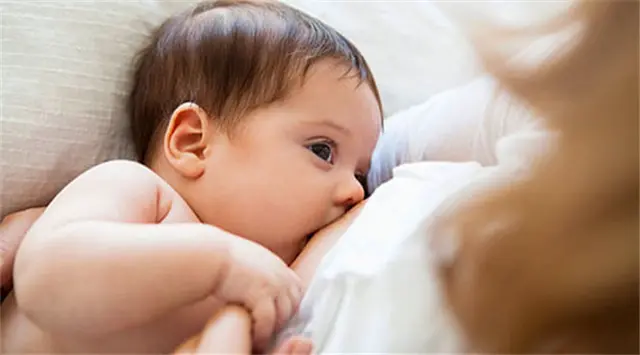A woman's education level and the number of children affect breastfeeding, according to research results from Australia's University of Queensland (UQ) released on Tuesday.
PhD candidate Natalie Holowko from UQ's School of Public Health, analyzed data reported by more than 4,700 mothers to determine relationships between socioeconomic factors, birth order and breastfeeding rates.
"Breastfeeding reduces a child's risk of being overweight or obese, making it one of the first lines of defense against the emerging obesity epidemic," Holowko said.
Holowko discovered that university-educated women were almost twice as likely to initiate breastfeeding or to breastfeed for the recommended six months compared to those with only a high-school education.
"Interestingly, women with a parent who had fewer than 10 years of education were about one-and-a-half times as likely to not breastfeed," she said.
However, it was discovered that women, particularly those with a higher level of education, were less likely to breastfeed their youngest child.
"This may suggest that women are returning to work soon after reaching their desired number of children," Holowko explained.
 简体中文
简体中文



